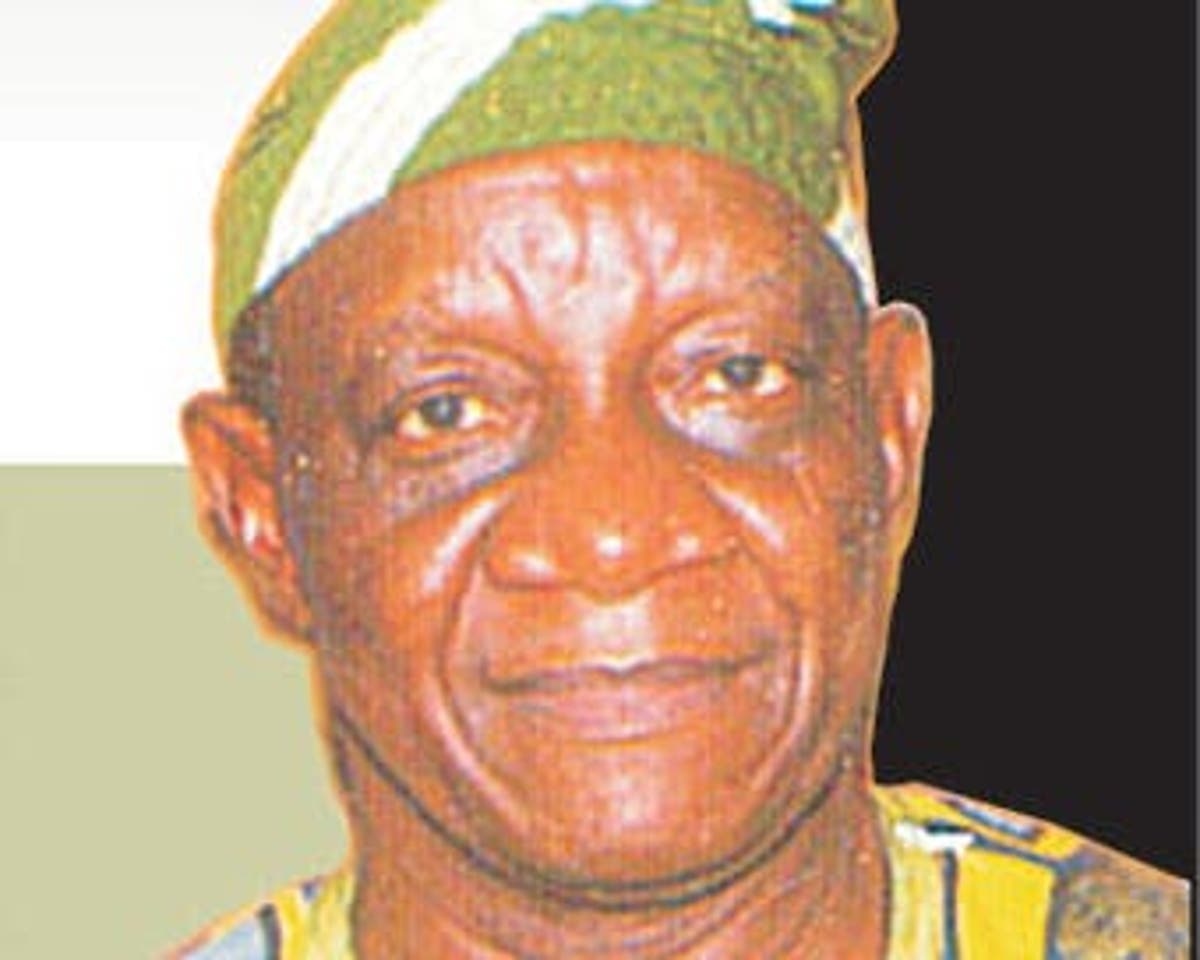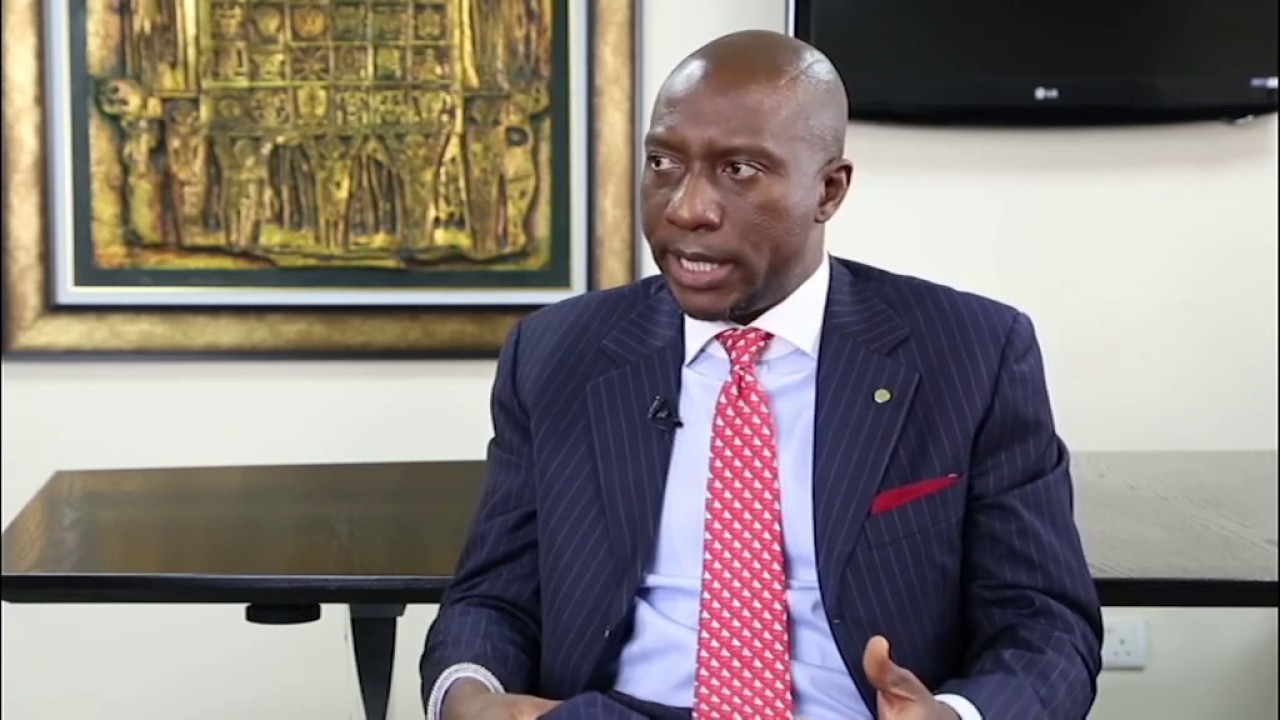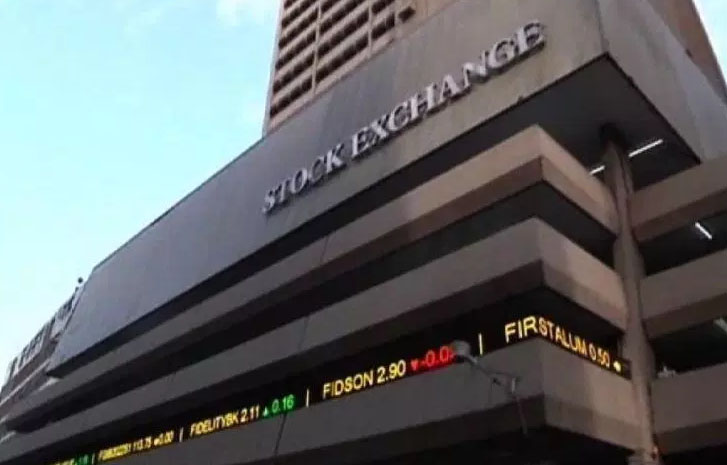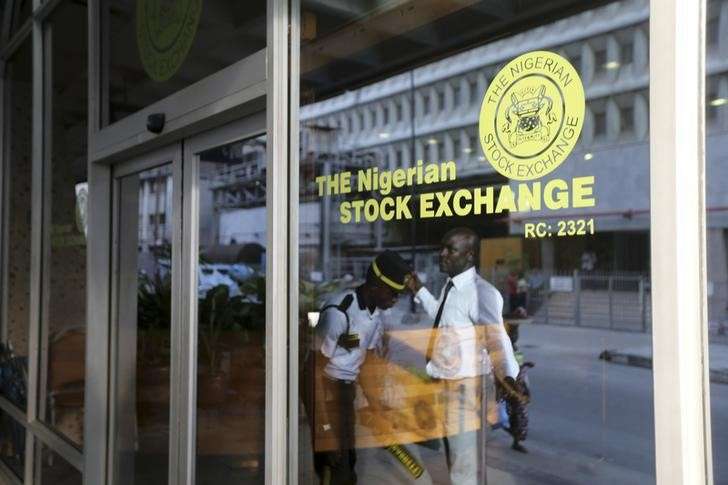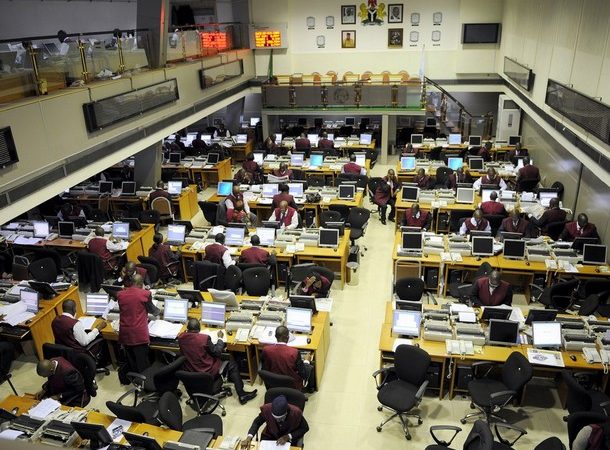“Otedola: First Banks shares rise 2.45% as SEC investigates.”
News Report, OCTOBER 26, 2021.
As a shareholder of the First Bank, I should be happy that the share price, which remained stuck at N7.50 suddenly started climbing for reasons at first unknown until it reached N12.00. But, then I am not an ordinary shareholder. I have been on these pages for almost thirty years. I know that in the Nigerian Stock Exchange, NSE, more than elsewhere, “there is no smoke without fire”. Share prices don’t rise by 60 per cent unless somebody with motives is pushing them. Now, we know who is doing it; and that is the cause for worry. Motive.
Otedola is not a stranger to controversies regarding his Stock Exchange transactions. His last major incident occurred in 2009 when he accused his bosom friend – Alhaji Aliko Dangote of manipulating the shares of AP Plc in which Otedola held controlling interest. Below is an excerpt from my article 12 years ago when the two richest men in Nigeria were engaged in mutual public exposure regarding share price manipulation which dented the image of the NSE and cost millions of small investors billions in losses.
DANGOTE VERSUS OTEDOLA: MUTUALLY ASSURED DESTRUCTION.
DELE SOBOWALE
“He who sets out on revenge must first dig two graves”.
Chinese proverb. (VANGUARD BOOK OF QUOTATIONS, p.215).
“War is always a ghastly blunder; even the winners lost”.
Paul Harris, founder of the Rotary Club International.
(VANGUARD BOOK OF QUOTATIONS, p.266).
The two acclaimed richest Nigerians are now at war. And if you think that the rift between Alhaji Aliko Dangote and Mr Femi Otedola is no concern of yours; then you must be living in that blissful state of ignorance which the rest of the nation can ill-afford. And, if you are happy about it; then rest assured that your joy shall be short-lived as the consequences of this supposedly private disagreement become a national issue.
It is in the national interest to bring this war to an end before it escalates and consumes all of us – including the combatants. Already the seeds of Mutually Assured Destruction, MAD, had been sown by the adverts in the newspapers by AP Plc controlled by Otedola. It is perhaps too late to recap the can of worms that the publication had opened. I pray that will be the last revelation because the consequences are extremely grave for Nigeria at any time but more disastrous at this time.”
Dangote responded with his own advertorials indicating that Otedola was like the pot calling the kettle black; he revealed alleged share price manipulation by Otedola himself before the NSE intervened and the Security and Exchange Commission, SEC, swept the matter under its copious rug. The elephants were allowed the impunity which great power often conferred on the powerful. The weak, like grass, suffered what they must. They lost tons of money. That was why I was particularly curious to find out who was pumping up the share price of FBN Holdings. My blood pressure went up a notch when a broker told me that the prime mover was Otedola.
Under normal circumstances, my attitude is to give the individual involved the benefit of doubt. And, to some extent I still do now. But, once a person has been caught publicly abusing public trust, he cannot complain if stakeholders express concern regarding his motives this time.
My fear was heightened by the comment credited to a market dealer in VANGUARD, OCTOBER 26, 2021. He said: “it [share price] was was still not more than N7.50 because we were doing it quietly. It was when he decided to buy over 500 million units in one single deal through FBN Quest that the price suddenly spiked to up to 12 per share.” It was also when my fear turned to alarm for other stakeholders and for the NSE.
Obviously, we are witnessing a move for control of the FBN Holdings. Otedola’s sharply increased share holding is possibly the beginning of an imminent proxy fight during the next Annual General Meeting, AGM. There is nothing wrong with that; it is perfectly legal. The move has been made at a time when the former Chairman of FBN Holdings, as well as the Chairman of the First Bank Plc, have been replaced by the Central Bank of Nigeria, CBN. Their current replacements don’t have the clout to fend off a hostile take-over.
The concern here is not about Otedola taking control per se; it is about his intentions for doing it. If taking FBN Holdings to greater heights is the plan, then everybody should welcome it. First Bank, which was once “truly the first” in every respect, has now lost a great deal of its prestige among Nigerian and African banks. Most investors, like me, who bought its shares during the ill-fated banking consolidation introduced by Professor Soludo, have lived to regret buying those shares which at one time were on offer for over N50 per share. The few who escaped the mass financial homicide were those who joined me in disposing of their shares profitably before the roof caved in when Sanusi succeeded Soludo and revealed all the dark secrets of Nigeria’s consolidated banks. So, even the currently pumped up price of N12-plus merely restores a small fraction of the losses already experienced. And, it certainly will not last.
The major stakeholders will expectedly fight back and try to prevent any attempt at take-over for various reasons. One or two will lose their seats on the board which confers a great deal of financial and social advantage – some of which are sometimes abused by insider trading, low interest loans etc. But, when the battle is over, those eagerly buying FBN Holdings shares at N12 might realise that they have committed a blunder. There is nothing in the fundamentals of the bank to warrant 60 per cent share price increase. And as investors regain their senses, there will be another round of rapid sell-off.
Otedola is another reason why there might be sell-offs. Now that they know who is pumping up the price, many stakeholders might not be too eager to continue with the exercise. Institutional investors which lost a great deal of money during the AP Plc palaver will not quickly forget those who caused them grave financial losses. They are still licking their wounds from that experience.
Just as this article was being concluded, there were reports of profit taking and the price is expectedly rolling back.
While still hoping that everything about this move is in the interest of all stakeholders, I want to draw attention to a warning issued in the article referenced above.
“It goes without saying that not only would the NSE and the SEC Boards, Management and the Stockbroking firms will also come under scrutiny but they would also have lost the most important element in their operations – investor confidence. And they should expect it, because of what use is it for millions of people to be tricked into playing a game in which the deck is stacked in favour of a few and the stock brokers knew it all along?”
As usual, the warning was ignored. But, the capital market went into a long period of decline after the loss of confidence induced by the disagreement.
